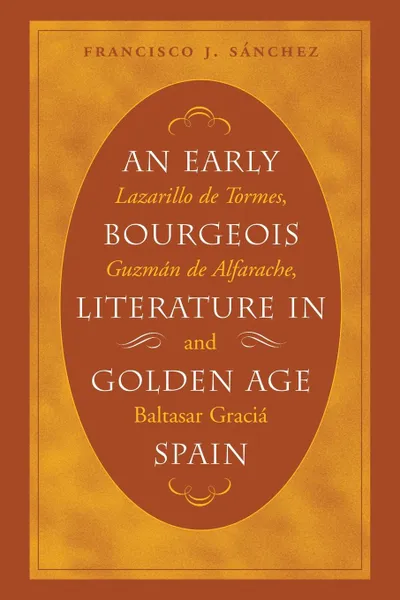An Early Bourgeois Literature in Golden Age Spain. Lazarillo de Tormes, Guzman de Alfarache and Baltasar Gracian 14+
Автор: Francisco J. Sánchez
164 страницы
Категория: Литература на иностранных языках
ISBN: 9780807892800
Язык: Английский
📓 Tracing the beginnings of a bourgeois literature in Golden Age Spain, Francisco Sanchez examines works by Baltasar Gracian (1601-1658), major picaresque texts--particularly Lazarillo de Tormes (1554) and Mateo Aleman's Guzman de Alfarache (1599-1604)--and contemporary writings in which political economists and jurists look at new economic and political circumstances. Using the term republica to describe an economic sphere of social life under the constrictions of both the monarchy and the privileges of the seignorial system, Sanchez investigates notions of person, culture, and life in these texts. He also analyzes the formation of a private sphere of social action and the emergence of a literary sphere to represent early bourgeois values and sensibilities. Sanchez argues that this literature represents culture as intellectual and verbal skills for the social and economic advancement of a Christian but secularized person.
Мнения
